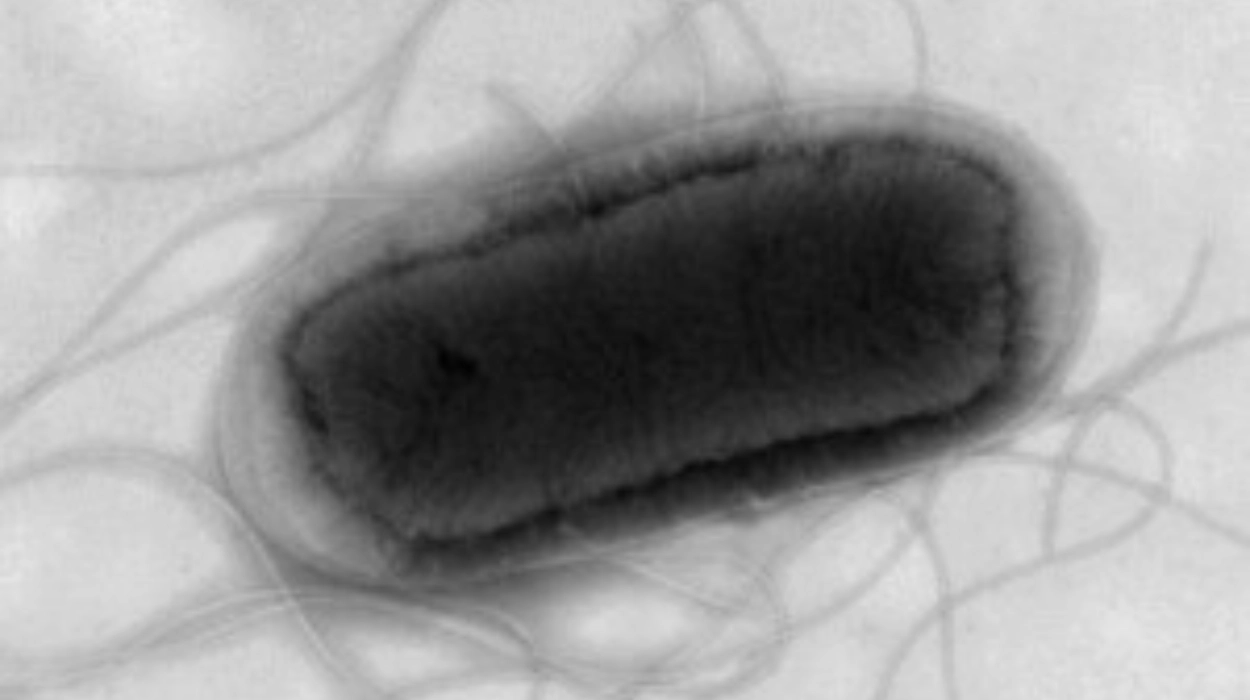The UK Health Security Agency (UKHSA), along with its partners, is actively investigating an outbreak of Shiga toxin-producing E. coli (STEC) O145. Since the last update on June 27, 2024, there have been 13 additional cases, bringing the total confirmed number to 288 in the UK as of July 3. Despite a decline in reported cases, experts anticipate that more may surface as additional samples undergo testing.
Breakdown of Confirmed Cases:
- England: 191 cases
- Scotland: 62 cases
- Wales: 31 cases
- Northern Ireland: 4 cases (likely contracted in England)
Of the 263 cases analyzed, nearly half (49%) required hospitalization, underscoring the severity of this outbreak.
Ongoing Investigations and Public Health Advice
Amy Douglas, UKHSA Incident Director, noted the encouraging decline in cases but stressed that precautions remain vital. Common symptoms of STEC infection include severe and bloody diarrhoea, stomach cramps, vomiting, and fever. Simple hygiene practices such as handwashing with soap and warm water, and cleaning surfaces with disinfectants, can significantly reduce the risk of spreading the infection. Additionally, those who fall ill should avoid preparing food for others and refrain from visiting hospitals or care homes. It is also crucial to stay away from work, school, or childcare settings until at least 48 hours after symptoms have subsided.
If symptoms persist or worsen, individuals are advised to consult NHS guidance and seek medical help when necessary.
Food Safety Concerns
Darren Whitby, Head of Incidents at the Food Standards Agency (FSA), reiterated that the investigation into the food supply chain continues. The outbreak has been linked to contaminated salad leaves, primarily used in pre-packaged sandwich products. Although food manufacturers have recalled various sandwiches, wraps, subs, and rolls as a precautionary measure, the investigation is ongoing. Authorities aim to pinpoint the root cause of the contamination within the production chain to prevent future incidents.
Despite the declining number of cases, the FSA remains vigilant, working closely with businesses, local authorities, and other public health agencies to safeguard consumers.
Measures to Protect Against E. Coli Infection
Authorities are urging the public to take the following precautions to prevent further spread:
- Hand Hygiene: Wash hands thoroughly with soap and water after using the toilet, handling raw food, or coming into contact with animals.
- Food Safety: Cook food thoroughly, especially meats, and wash raw fruits and vegetables.
- Isolation: Individuals experiencing diarrhoea or vomiting should avoid preparing food and stay away from public places, including schools and workplaces, for at least 48 hours after recovery.
Conclusion of Weekly Reports
As case numbers continue to decline, the UKHSA has announced that the July 5 update will be the final weekly report unless significant changes occur. Public health officials remain cautiously optimistic as they closely monitor new developments. However, they emphasize the need for continued vigilance and proper hygiene to reduce the risk of infection and ensure public safety.
For more information on preventing gastrointestinal infections and managing symptoms, visit the NHS website.


